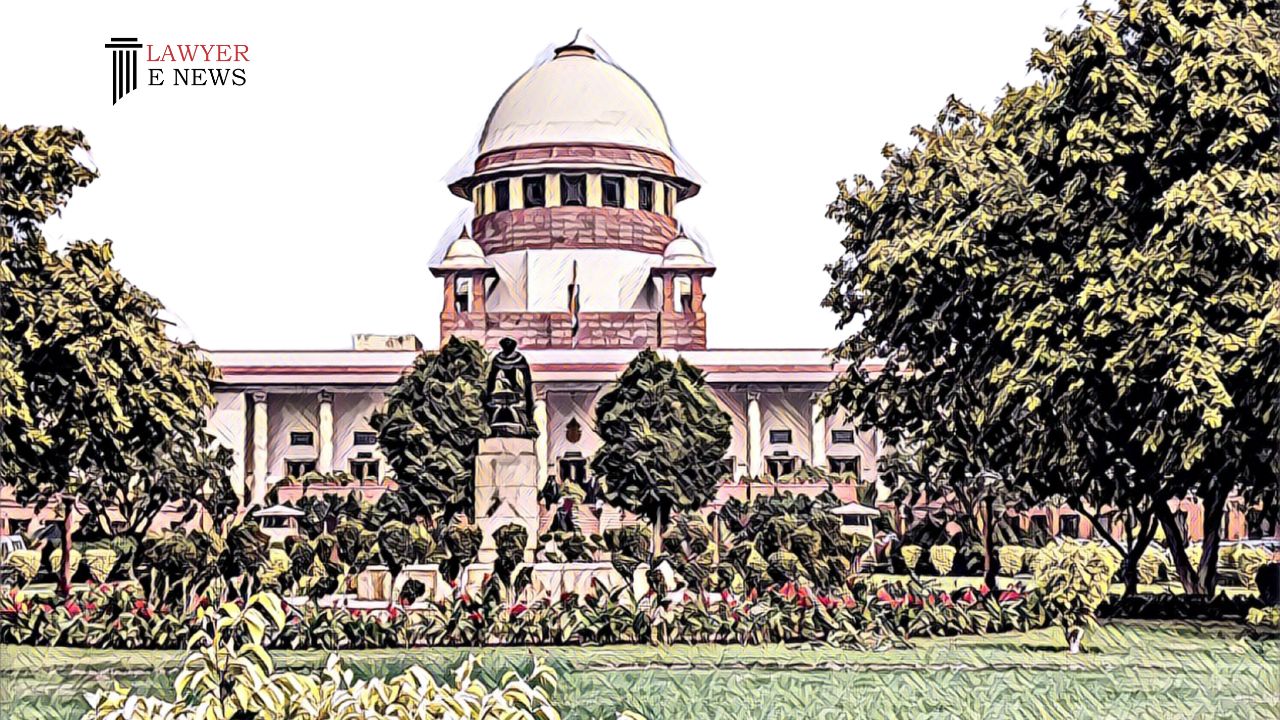-
by Admin
15 February 2026 5:35 AM



In a landmark judgment, the Supreme Court of India, comprising Justices Vikram Nath and Ahsanuddin Amanullah, has set aside the High Court’s decision, thereby discharging a husband and wife duo, Vishnu Kumar Shukla and Vineeta Shukla, from all charges in a high-profile case involving allegations of house trespass, theft, and looting.
The apex court, in its detailed analysis, underscored the importance of preventing unwarranted criminal prosecution and unnecessary trials. This decision came in the wake of the appellants’ challenge against the High Court's judgment, which upheld the rejection of their discharge application.
Allegations and Accusations: The appellants were accused of locking a tenant's shop and looting various items, including wheat, sale money, and a two-wheeler, leading to an FIR under Sections 448, 454, and 380 of the Indian Penal Code, 1860.
Appellants' Defense: The appellants contested the legitimacy of the FIR, asserting their property ownership rights. They highlighted significant discrepancies in the complainant’s (R2) tenancy claim, particularly the anachronistic use of the ₹ symbol in a tenancy agreement, claimed to be from 2005 but introduced only in 2010.
Supreme Court's Analysis: The Court comprehensively examined the evidence and allegations, recognizing the introduction of the ₹ symbol in 2010 as a critical factor undermining R2’s claim to the property. The Court emphasized that the lack of strong suspicion against the appellants merited their discharge.
Decision: The Supreme Court allowed the appeal, discharging the appellants due to the absence of a strong suspicion against them. The Court highlighted the essential role of High Courts in protecting individuals from vexatious litigation.
“We are of the firm view that [Appellant 2], being the undisputed landlord, the criminal case filed by [Respondent 2], in the facts and circumstances, amounts to clear abuse of the process of the Court,” Justice Ahsanuddin Amanullah noted in the judgment.
The decision marks a significant moment in the judiciary's approach towards criminal charges, emphasizing the necessity of scrutinizing the legitimacy of allegations before subjecting individuals to the rigors of a criminal trial. The Supreme Court's judgment has been hailed as a beacon of judicial prudence, safeguarding personal liberties against wrongful prosecution.
Date of Decision: 28th November 2023
VISHNU KUMAR SHUKLA & ANR. VS THE STATE OF UTTAR PRADESH & ANR.
